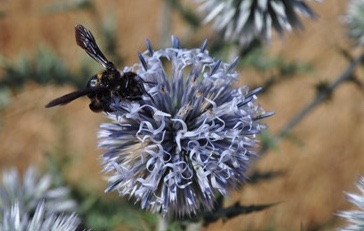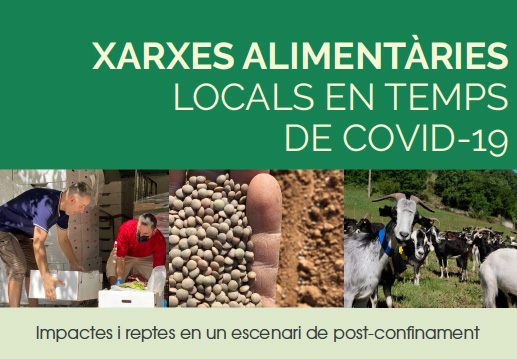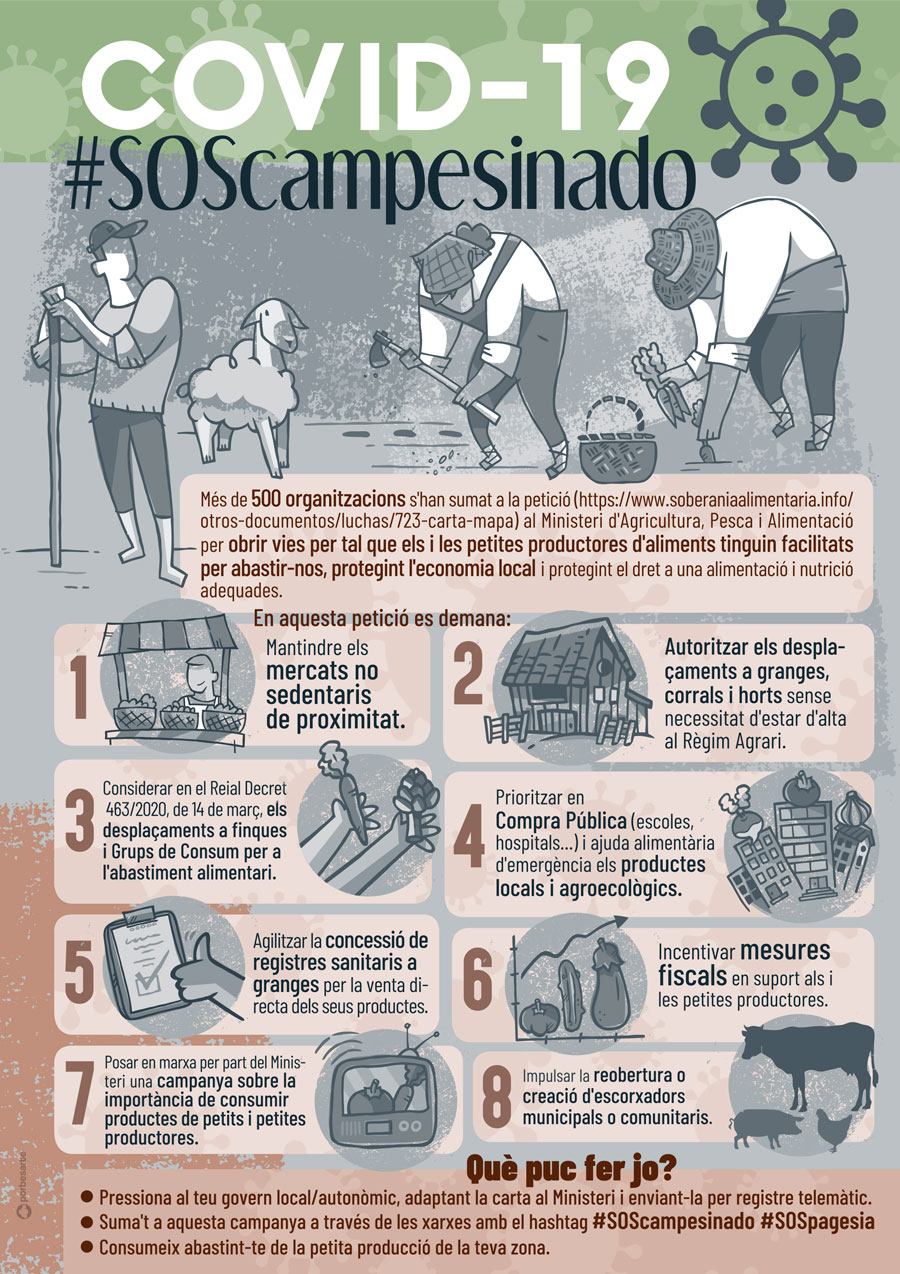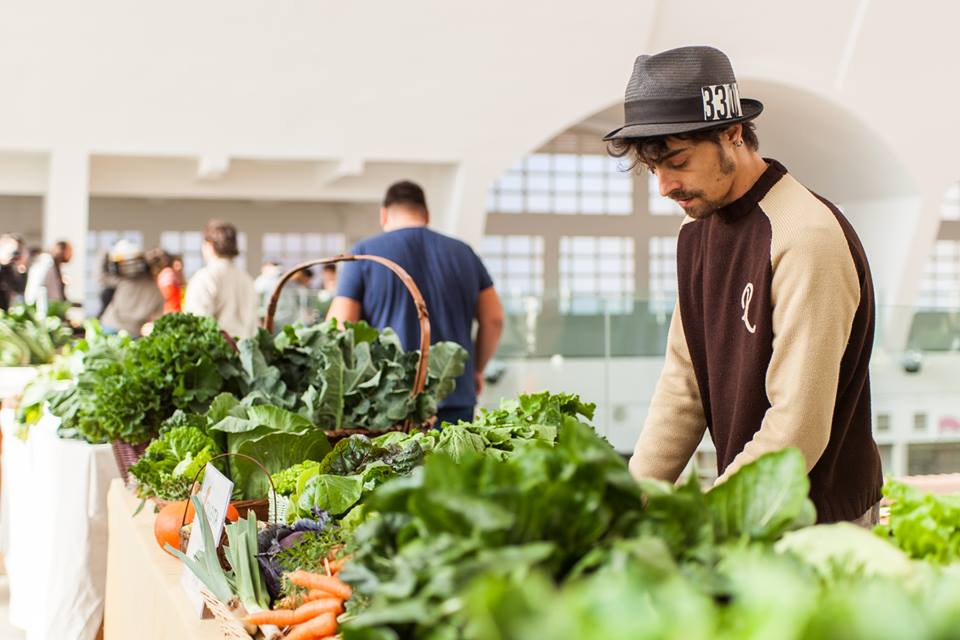Pollinators are vital for maintaining healthy ecosystems and for food production. At a global level, pollinator diversity is being lost due to industrial agricultural practices. Using large quantities of pesticides and favouring the production of only a few cultivars over large areas of land. Reducing the wild vegetation that the animals reasonable for transporting pollen can reproduce and find food.
In 2016 an international team of scientists working through The Intergovernmental Science-Policy Platform on Biodiversity and Ecosystem Services (IPBES) published a report warning of the critical situation of pollinators globally and offering a series of recommendations aimed at decision makers for their conservation. The report has resulted in a publication written by the Juan de la Cierva researcher Elisa Oteros-Rozas who is part of the Agroecology and Food Systems chair in the University of Vic. The article has been published in the prestigious scientific journal Nature Sustainability (https://www.nature.com/articles/s41893-019-0244-z).
The study examines pollinator conservation strategies from different local communities and indigenous peoples from around the world. The researchers propose to value the traditional knowledge and practises in land management to promote diversified food production. Through a biocultural approach, they point out the close link between biological diversity and cultural diversity and the need to integrate scientific, technical, local and indigenous knowledge for the conservation of biodiversity.
There exists a close link between pollinators and numerous ecological functions, many of which are vitally important not only for the ecosystem functions but also for human wellbeing and food production. Therefore, to guarantee the food sovereignty of local and indigenous people, and reduce their dependency on imports and to guarantee their access to a varied and healthy diet it is essential to incorporate local and indigenous knowledge in decision making at different levels. To acknowledge their role in strengthening this agroecological system that incorporates biocultural and to question the current model of industrial agricultural production. That has affected more than 80% of the insects in the world in the last 30 years according to another recent study (https://www.sciencedirect.com/science/article/pii/S0006320718313636#).





